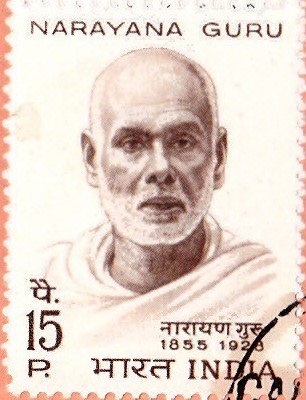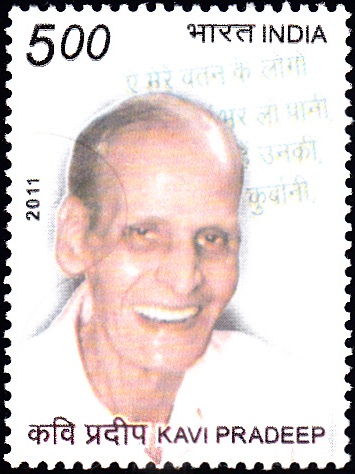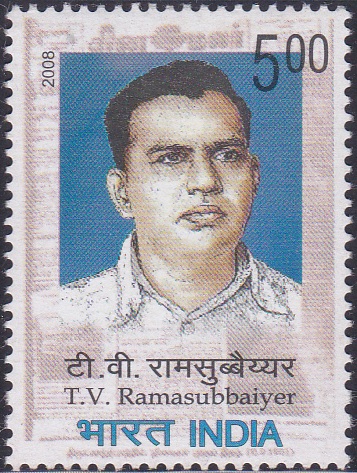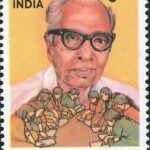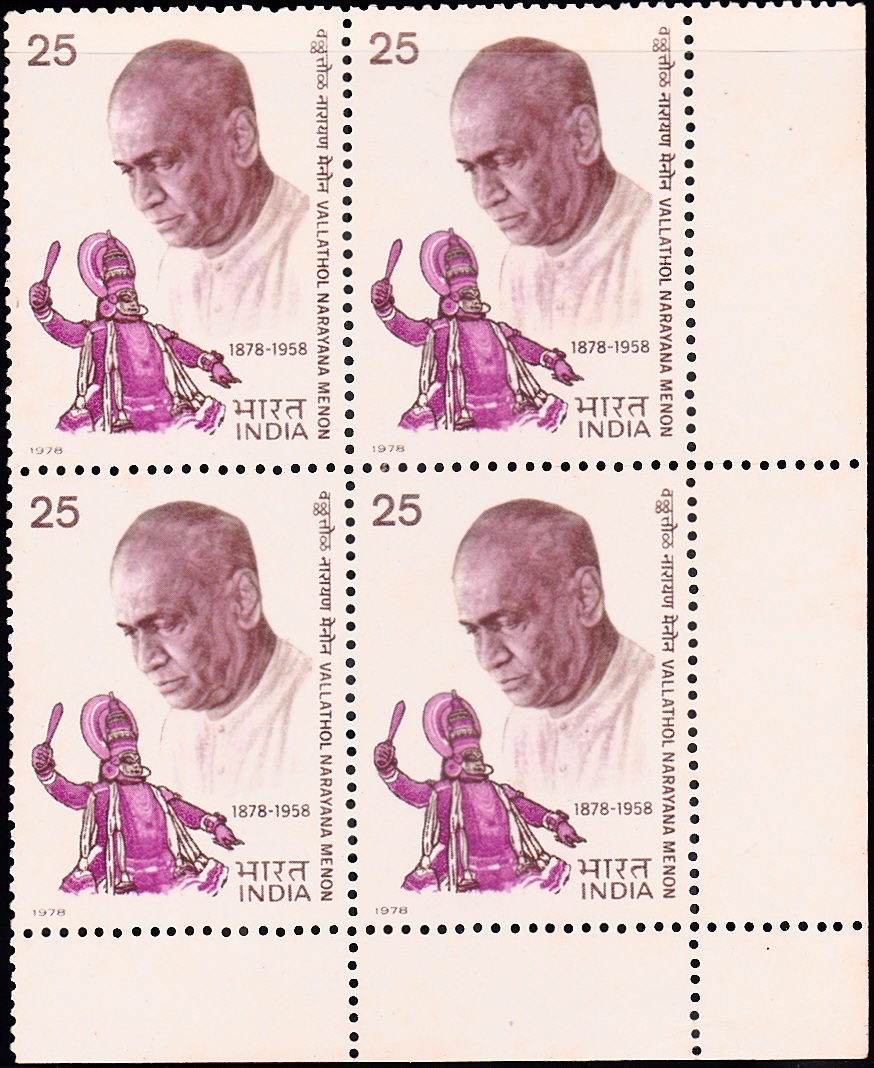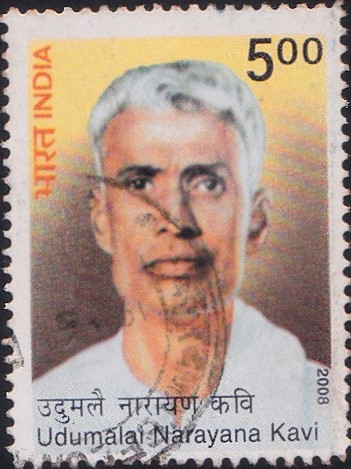
Udumalai Narayana Kavi
A commemorative postage stamp on ‘Kaviraayar‘ Udumalai Narayanan, a Tamil poet :
 Issued by India
Issued by India
Issued on Dec 31, 2008
Issued for : Department of Posts is pleased to issue a commemorative postage stamp on Udumalai Narayana Kavi.
Credits :
Stamp : India Security Press, Nasik
FDC & Cancellation : Nenu Gupta
Type : Stamp, Postal Used
Colour : Multi colour
Denomination : 500 Paise
Stamps Printed : 0.4 Million
Printing Process : Photogravure
Printer : India Security Press, Nasik
Name : Udumalai Narayana
Born on Sep 25, 1899 at Poolavadi, Udumalpet taluk, Tiruppur district, Tamil Nadu, British India
Died on 1981
About :
- Udumalai Narayana Kavi was born on 25.09.1899 in Poolavadi Village about 20 kms from Udumalpet, Coimbatore District in Tamil Nadu. He lost his parents Thiru Krishnasamy and Tmt. Muthammal at an early age and was brought up by his elder brother Thiru Dhanuskodi. His early education was only up to Standard IV at a local elementary school in his village. Thereafter, he was taught by Guru Udumalai Muthuswamy Kavirayar, who also taught Tamil Literature. Then he learnt Harikatha Kalakshepam from Gayaka Sikamani Harikesa Nallur Muthiah Baghavthar.
- Udumalai Narayana Kavi displayed acting talents in local dramas at a very early age of 15. He acted in dramas like Valli Thirumanam, Pavalakhodi and Nandanar. A patriot, he went round the villages selling Khadi products and singing nationalist songs. Some of his songs became extremely popular.
- In 1923, he got the opportunity to act in dramas. His patriotic songs were often sung by famous artists of those days. His works earned him praise and recognition. The award of best lyricist by Sangeet Natak Academy and South India Film Chamber, the title of Sahitya Ratnakar and Kalaimamani, the award by the Tamil Nadu Government are some examples.
- He entered the world of cinema in 1933 when he continued till 1976. He wrote several lyrics for Tamil films.
- His Kathakalakshepam titled “Kindanar” was to eradicate caste-based discriminations among the people. His poems contained rationalistic, patriotic and social messages.
- Text : Based on material provided by the proponent.
Subscribe
Login
0 Comments
Oldest


